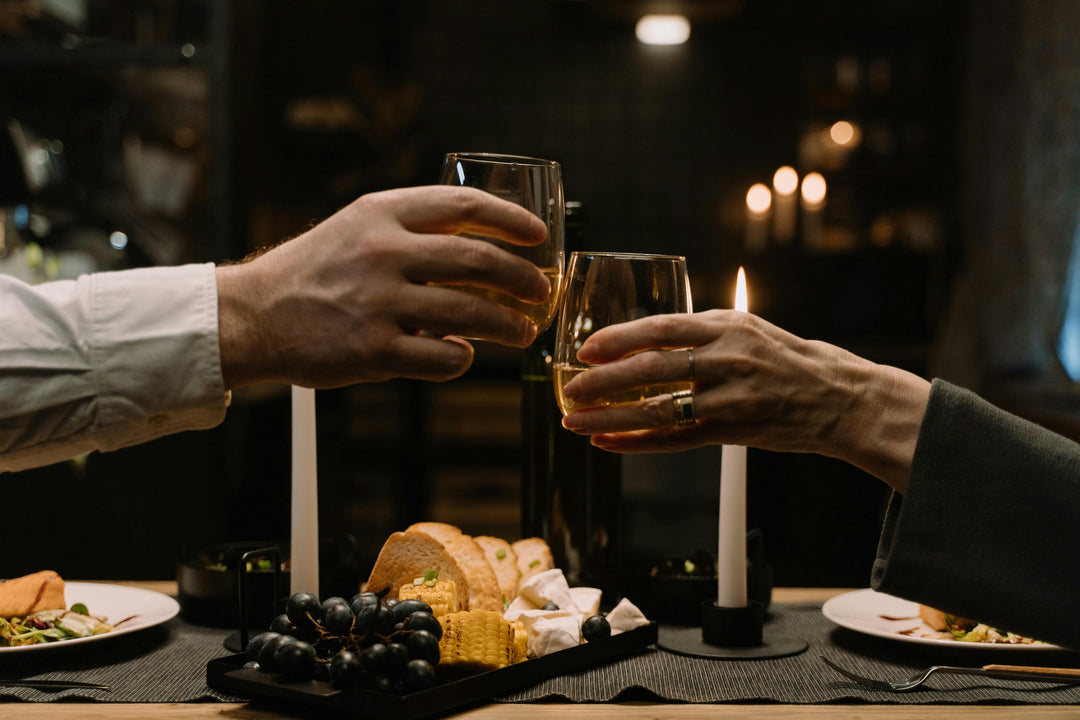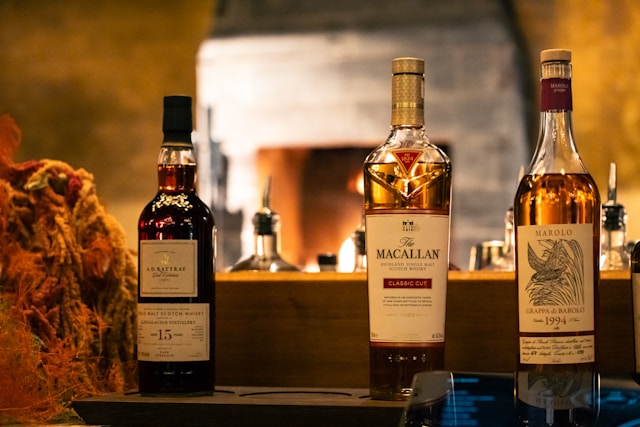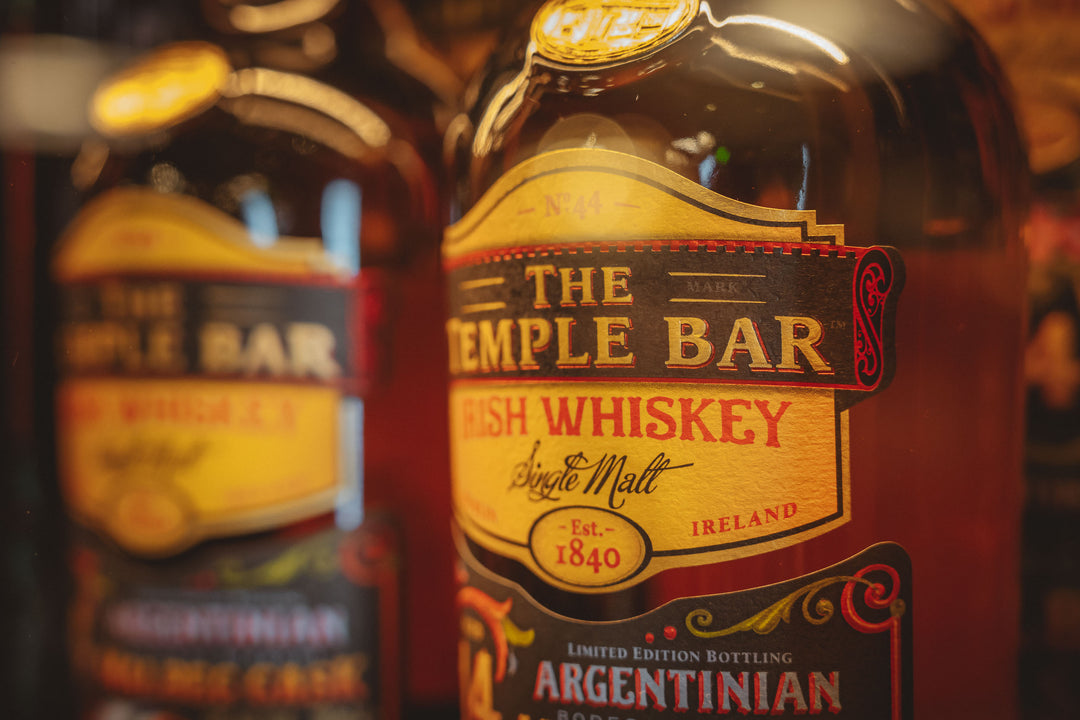Whiskey vs. Whisky: What’s the Difference?
If you've ever browsed the aisles of an off-licence or read about spirits, you might have noticed the different spellings: "whiskey" and "whisky." While they might seem interchangeable, these spellings carry significant meaning and historical context.
Here at The Whiskey Reserve, we aim to demystify these terms for you.
Geographical Differences
The primary difference in spelling comes down to geography. "Whiskey" with an "e" is typically used in Ireland and the United States. In contrast, "whisky" without the "e" is used in Scotland, Canada, and Japan. This distinction is not just a matter of preference but reflects historical and cultural identities.

Historical Background
The spelling variations have historical roots. Irish and American distillers added the "e" to differentiate their products from Scotch whisky, which at the time had a reputation for lower quality. Over the years, this spelling became a part of their branding and identity.
Production Techniques
While the spelling might indicate geographical origin, it also subtly hints at differences in production techniques and traditions. For example, Irish whiskey is typically triple-distilled, resulting in a smoother spirit. Scotch whisky, especially single malts, are often distilled twice and can have a more pronounced, robust flavour profile due to the use of peat.
Labelling and Regulations
The spelling on the label also reflects adherence to specific regulations. For instance, Scotch whisky must meet the standards set by the Scotch Whisky Association, including being distilled and matured in Scotland for at least three years. Similarly, bourbon must comply with U.S. regulations, including being made from at least 51% corn and aged in new charred oak barrels.
While "whiskey" and "whisky" might seem like small variations, they carry a wealth of history, tradition, and quality assurance. At The Whiskey Reserve, we celebrate the rich diversity of both whiskies and whiskeys.
Visit us to explore and taste the differences for yourself.


